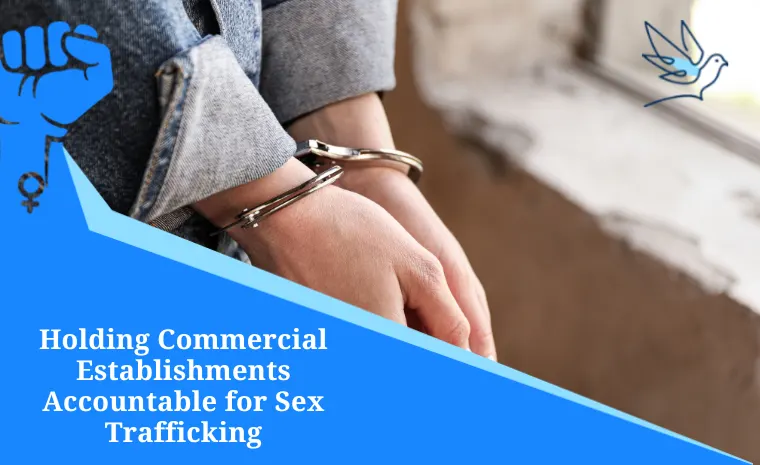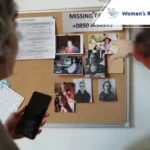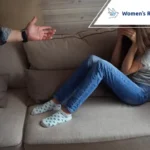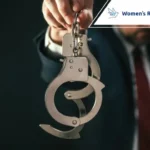The U.S. Department of State published a report stating that at any given time in 2021, approximately 27.6 million individuals were forced into labor. Of these numbers, 6.3 million are forced into commercial sexual exploitation.
Sex trafficking and other forms of trafficking can happen in a multitude of places. These commercial sex activities may take place in private homes, massage parlors, hotels, or motels, among other locations.
In this article, we will discuss:
- Sex trafficking in California
- Signs of sex trafficking activities in a commercial establishment
- Holding commercial establishments accountable for sex trafficking
Sex Trafficking in California
Human trafficking is a worldwide, billion-dollar industry. This form of modern-day slavery has trafficked 14,500 to 17,500 victims into the United States annually. This does not include the victims of trafficking within the country.

With California being a populous border state, it has become one of the nation’s top destinations for human trafficking crimes. In order to combat human trafficking and assist in rescuing victims, the state of California has implemented regulations for particular businesses on how they can help.
In 2013, the California State Legislature approved Senate Bill 1193 (Steinberg), which added Section 52.6 to the California Civil Code. This law mandates that certain businesses and establishments must post a human trafficking model created by the Attorney General’s Office.
This model notice must include details about the support and services available to human trafficking victims, and it should be posted in a visible spot for public viewing.
Common Victims of Sex Trafficking
All individuals are susceptible to the illegal activity of sex traffickers, regardless of age, gender, nationality, or race. Yet, certain individuals remain more vulnerable to their recruitment strategies. The following are some of the most vulnerable potential victims:
- Women and girls – Research has revealed that women and girls constitute the majority of human trafficking victims globally, with an astonishing 71% being women. This high percentage is most likely a consequence of their lack of access to education, economic freedom, and social equality compared to males.
- Runaway youth – Due to the risk of lacking stable familial relationships, economic opportunities, or social networks, runaway or homeless youth are at a much higher risk of being targeted by human traffickers.
- Children -Their young age, naivety, and inability to fend for themselves make children an easy target for human traffickers. Furthermore, they are more likely than adults to suffer from sexual assault or violence.
- LGBTQ+ individuals – LGBTQ+ individuals face a greater risk of being trafficked, due to the rampant discrimination and violence they face. They are often forced to enter into the underground economy — where they become more vulnerable to exploitation.
- Undocumented immigrants – Their lack of legal status means undocumented immigrants are more prone to becoming victims of sex trafficking, as they feel too scared or helpless to report such abuses and reach out for assistance from the authorities.
Signs of Sex Trafficking in Commercial Establishments
Oftentimes when people think of human trafficking, they associate this criminal activity with kidnappers and a white van and feel they could spot a sex trafficking victim and these suspicious activities easily enough.
This may occur; however, this is rarely the case. The truth is that human trafficking activities can take place anywhere, and many of these activities happen in plain sight.
There are ways that can help people identify victims of sex trafficking. Here are some red flags and signs of sex trafficking in commercial establishments:
- Signs of malnourishment, poor hygiene, and injuries
- Bruising or other signs of medical issues that have been left untreated or showing signs of physical abuse
- Avoiding eye contact or social interactions
- Dressing inappropriately (especially for their age), or having poorer quality clothing compared to their company
- Individuals who take cash or receipts left on tables
- Individuals who wait at a table
- Individuals sitting alone at a table or bar, awaiting the arrival of a male (trafficker or customer)
- Appearing impoverished/or lacking personal possessions
- Exhibiting unusual behavior
- Appearing fearful and anxious
Holding Commercial Establishments Accountable for Sex Trafficking
California law has mandated that hotels are required to provide hotel staff such as maintenance, housekeeping, room service staff, concierge, front desk, security, and others with a minimum of 20 minutes of classroom or effective interactive education and training regarding human trafficking awareness.
With state and federal regulations in place, human trafficking survivors can now take action against commercial businesses that have profited from their exploitation and abuse. By holding commercial establishments accountable for sex trafficking, we are fighting to prevent further human suffering.
Assembly Bill 1788 states that a hotel could be legally liable if any sex trafficking activity takes place on its premises, and a supervisory employee was aware and did not report it to law enforcement or the National Human Trafficking Hotline within 24 hours.
If you suspect that someone you know or someone in your area is a victim of commercial sex trafficking in hotels, motels, or the like, there are ways you can help.
You can contact the 24/7 National Human Trafficking Hotline toll-free to anonymously report this valuable tip.
You may also contact the Women’s Rights Group at (844) 240-4967. Our team can help you, and the possible victims receive the services and assistance needed.
Help For Victims of Sex Trafficking
Holding commercial establishments accountable for sex trafficking is an important step toward keeping our communities safer. If you know of someone who has been taken advantage of through sex trafficking in a commercial establishment such as a hotel or motel, our organization is here to help them.
At Women’s Rights Group, we understand and empathize with the struggles victims of sex trafficking may face. That is why we strive to provide both medical care and legal services to those in need. Don’t hesitate to call us at (844) 240-4967 for a free, confidential consultation, or fill out our contact form and learn more about how we can fight for you.






